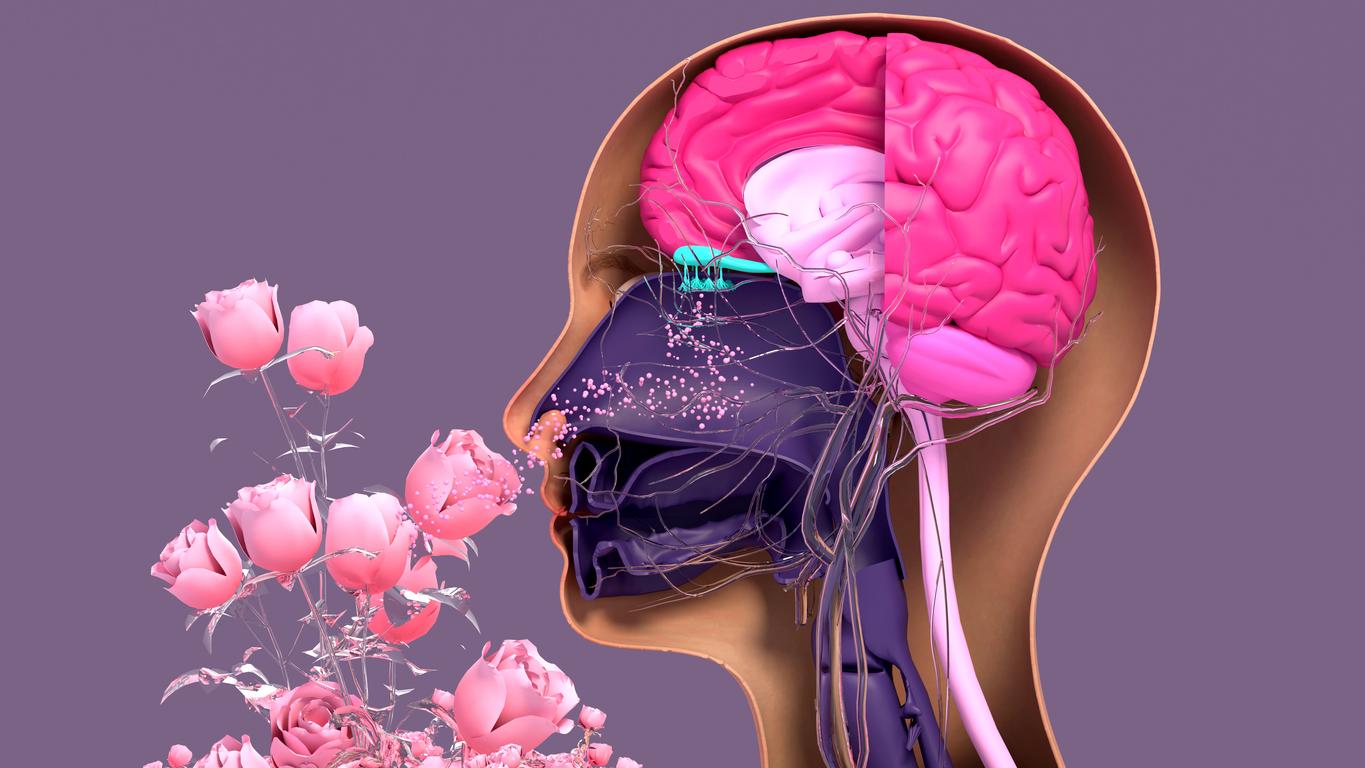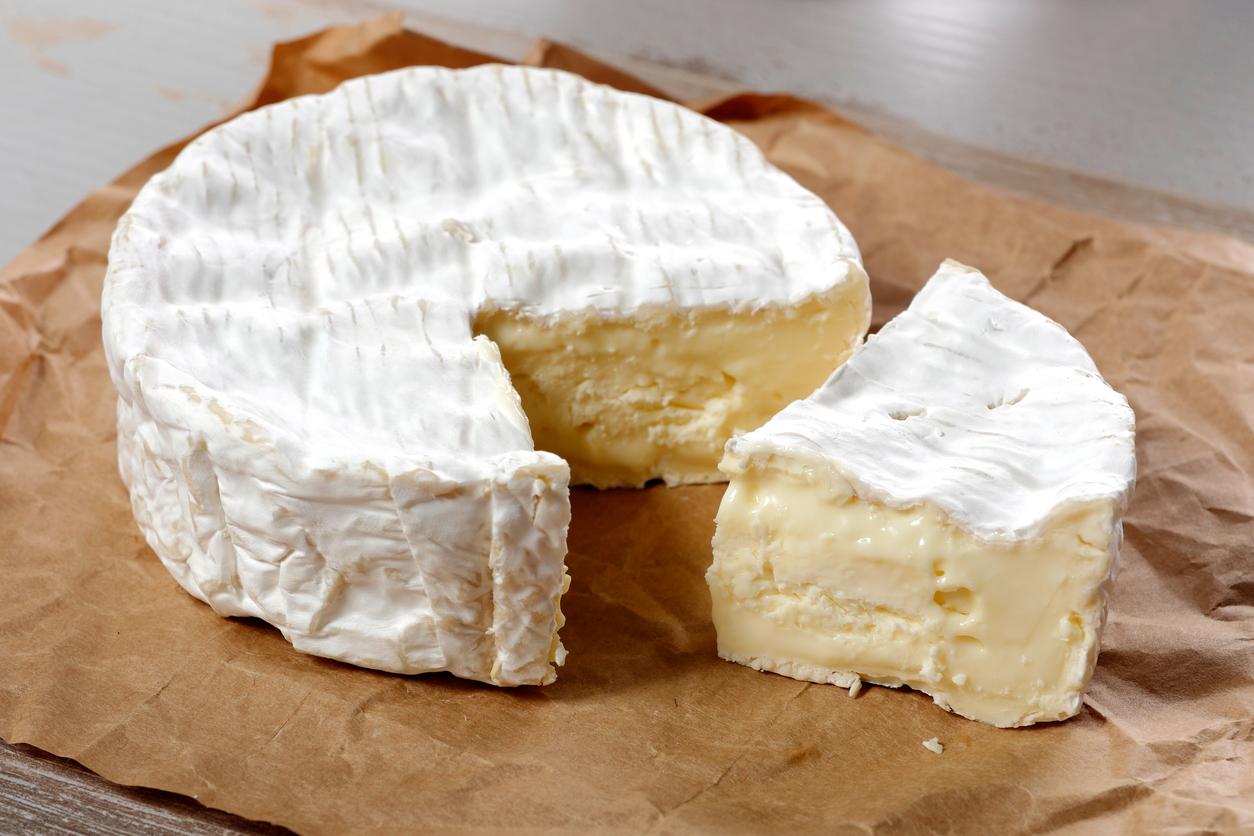
Good question
Good question! In this section PlusOnline goes in search of answers to nagging questions. This time: do muscles have a memory function?
You may know it: you have always played sports in your life, but due to circumstances – an injury, illness or pregnancy – you have not been able to exercise for a number of weeks or months. Now that you are fully training again, it is quite easy for you. Is that because your muscles have a memory function?
muscle memory
In recent years, several studies have shown that muscles do indeed have a memory function. Muscle memory can only be a confusing term. There are three forms of:
- muscle memory in the brain
- muscle memory in the muscle cell
- muscle memory in the genes
The first form is about the connections in your brain that become stronger over time, for example that you never forget how to cycle. This article is therefore about the last two forms of memory functions in the muscles.
Muscle memory in the muscle cell
The process of muscle memory is located in the muscle cell. For this we dive into myology (muscle science). Cytoplasm is present in the muscle cell, through which muscle fibers grow and muscle cell nuclei are produced. It was long thought that extra cell nuclei disappear as soon as you stop training and your muscles become weaker. from research turns out not to be the case: the extra muscle cell nuclei are still present three months after the last training. This is clearly a question of muscle memory.
Muscle memory in the genes
The other, most recently discovered form of muscle memory is found in DNA. from research from Keele University turns out that muscle growth that was developed earlier is remembered in the genes. If you train your muscles again after a long time, this ‘memory function’ accelerates the muscle growth that occurs. That explains why you can perform your workouts so quickly at your old level.
Do you also have a good question? Send us a mail.
Sources):
















